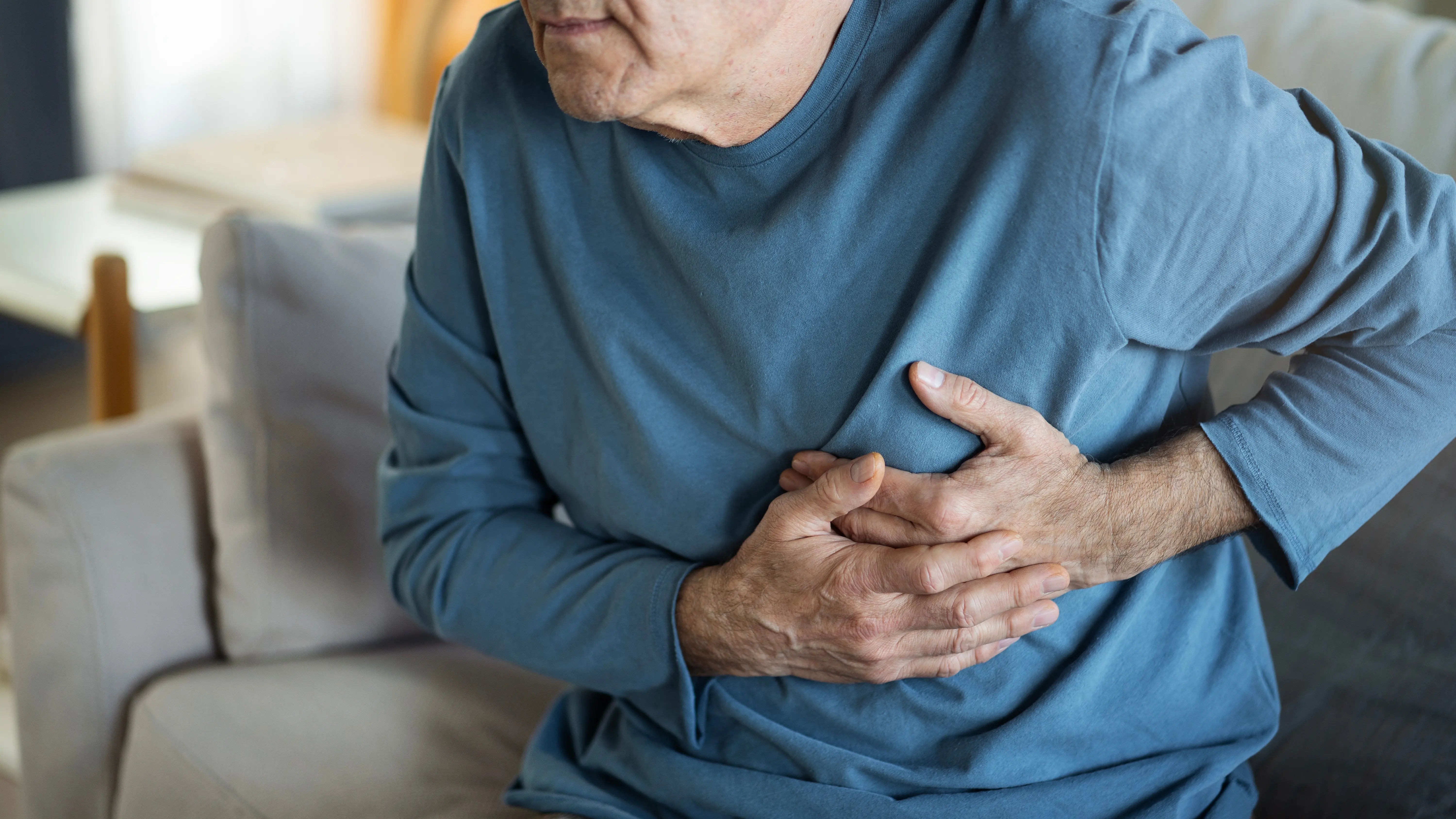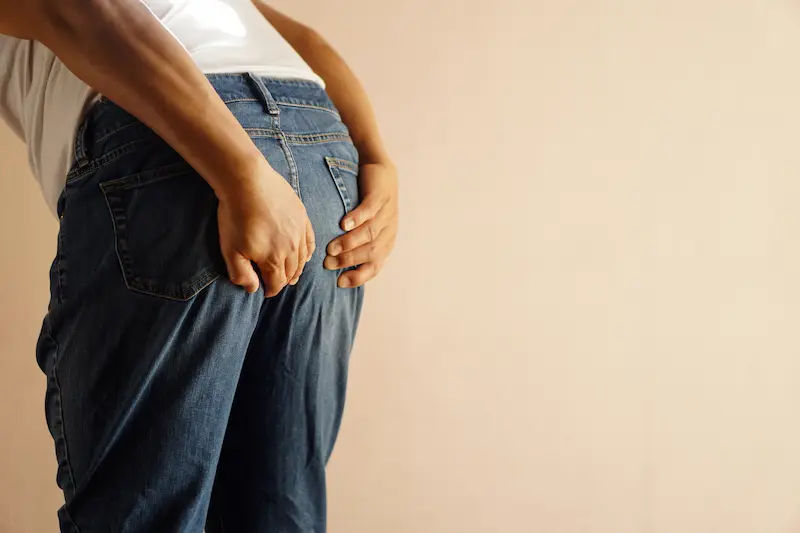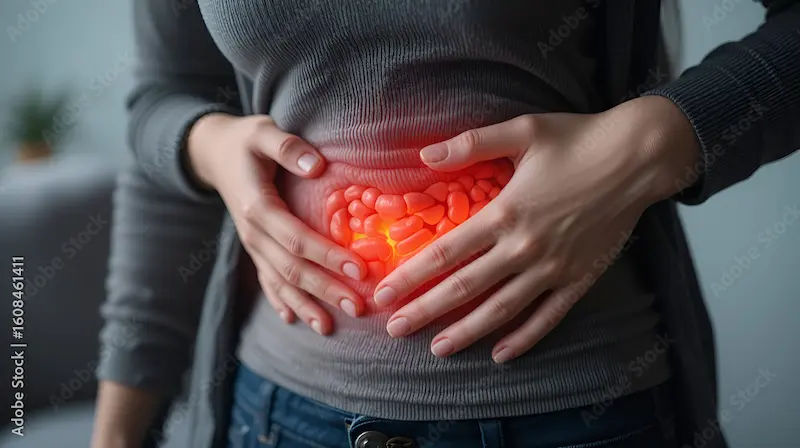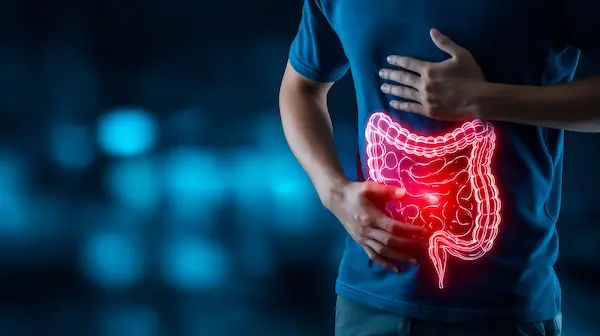- Male
- 34 Years
- 23/01/2025
I've recently been told I have grade 1 fatty liver, and I used to have irritable bowel syndrome. I've been on antibiotics for a liver infection for a few days. I'm experiencing pain in my liver area from the infection, but there's also a constant pain in my abdomen, especially when I press on it, and sometimes even without pressing. This has been going on for months. What could be causing this pain? I had an ultrasound, and it only showed the liver problem. I really want to understand what's going on so it can be treated. Can you help?
Answered by 1 Apollo Doctors
The persistent abdominal pain, despite antibiotics for liver infection, could be related to your pre-existing irritable bowel syndrome (IBS), as fatty liver disease and IBS often co-exist; other possible causes may include inflammation, scarring, or adhesions from past liver or abdominal issues; consider consulting a gastroenterologist to investigate further and develop a comprehensive treatment plan addressing both your fatty liver and IBS symptoms.
Dr. Ibrahim Suggests...
Consult a Gastroenterology/gi Medicine Specialist
Answered 04/07/2025
0
0

More Gastroenterology/GI medicine Health Queries
View allI've been dealing with chronic constipation for quite a while, but recently I've started experiencing some discomfort in my right groin area, and it seems to be making the constipation worse. What could be causing this? Should I be worried about this new pain, and how is it related to my constipation?
Consume more liquids and fibre rich foods for easing the constipation you can also try dupholac syrup 10ml during bed time.
Answered by 1 Apollo Doctors
Found a 9mm gallstone during my company health checkup what should I do next is there any medicine to dissolve it or do I need surgery could this stone cause problems later
A 9mm gallstone found during a health checkup requires follow-up with a doctor. While medication can sometimes dissolve gallstones, especially cholesterol stones, it's not a guaranteed solution and may take months or years. Surgery (cholecystectomy) to remove the gallbladder is often the preferred treatment for symptomatic gallstones, and it's generally more effective than medication. Whether or not the stone will cause problems later depends on whether it causes symptoms, and if so, what kind of symptoms.
Answered by 1 Apollo Doctors
I've been dealing with these analrectal cuts and itching for almost a week now, and I think it's anal fissures. I'm using T Bact and Fucidin H cream, which seems to help, but the cuts keep spreading. Even after they heal, my skin still feels itchy and irritated. I'm trying to figure out why I'm getting these anal cuts so often, especially since there hasn't been any anal intercourse to stress the area. What should I do?
You may be experiencing recurrent anal fissures, which can be quite uncomfortable. The use of topical ointments like T Bact and Fucidin H cream can help with healing, but it's important to address the underlying cause to prevent recurrence. To help prevent anal fissures and promote healing, I recommend the following: - Keep the anal area clean and dry - Increase your fiber intake to soften stools and make bowel movements easier - Stay well-hydrated - Avoid straining during bowel movements - Consider using a stool softener if needed - Sitz baths can help soothe the area and promote healing In addition, you may benefit from using a topical ointment like Rectogesic (glyceryl trinitrate) to help relax the anal sphincter and promote healing of the fissures. If these measures do not provide relief or if the fissures continue to recur, I recommend consulting with a gastroenterologist for further evaluation and management.
Answered by 1 Apollo Doctors
Disclaimer: Answers on Apollo 247 are not intended to replace your doctor advice. Always seek help of a professional doctor in case of an medical emergency or ailment.




